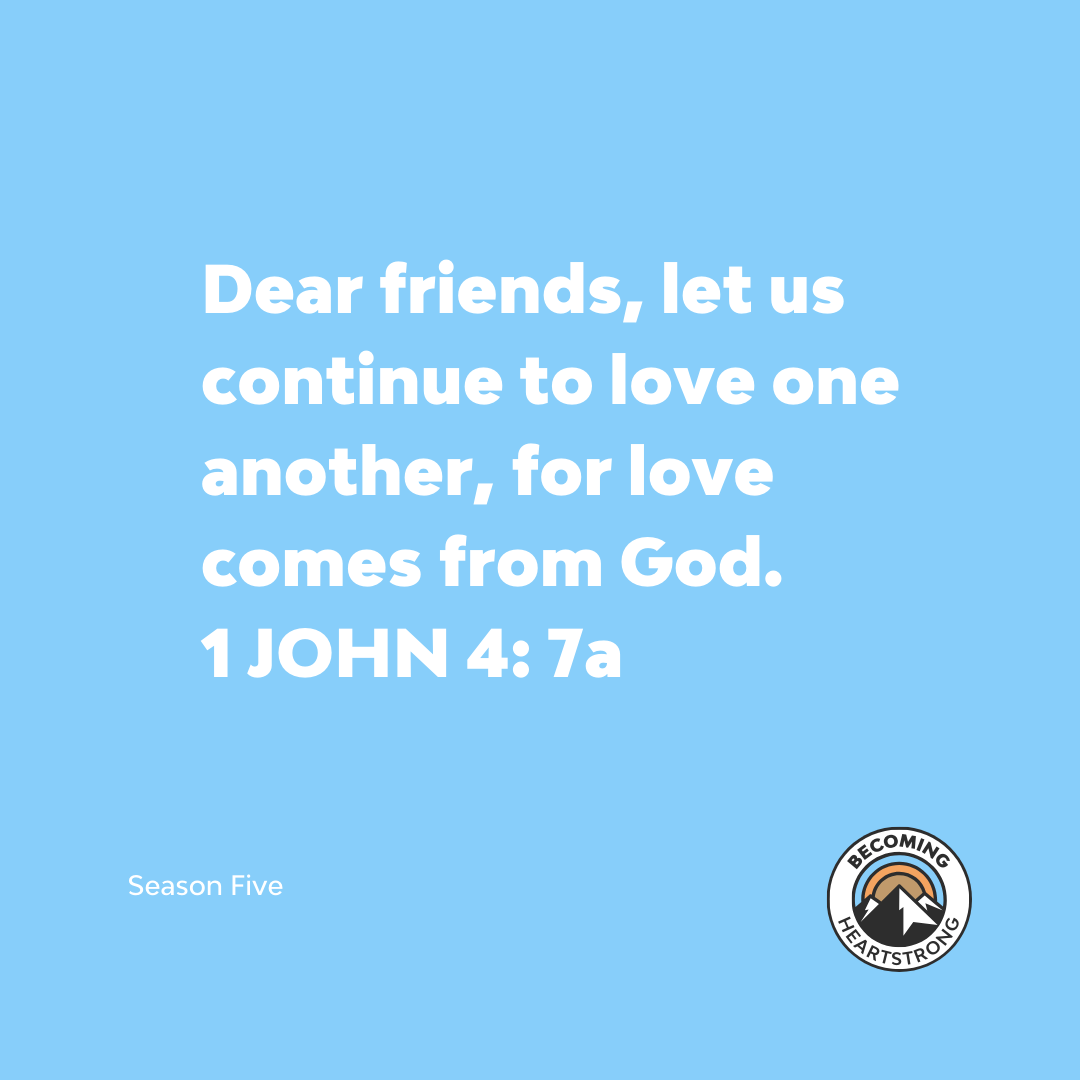When she hugged her father for the last time before he died, it was the first hug she had ever experienced with him. As she felt the warmth of his chest and his long arms surrounding her, she felt the pang of regret. Why had she never been held by this man–her father?
He awkwardly patted her back and pulled away, averting his eyes to look out the window. He muttered a superficial goodbye and shuffled away, signalling that it was time for her to leave.
She swallowed the lump in her throat and swiped angrily at the tears that leaked from her eyes. He wasn’t worth the emotions, but every daughter wants to feel loved.
Yikes! The passage above retells a snippet of a story in a book I just finished reading. If this isn’t sad enough, I had already read that her mother had no affection for her, treated her poorly, and abandoned her, leaving her with her distant father when she was just a child.
Throughout the book, this woman doubts her ability to be a mother to her own daughter. Is it any wonder? She had no example of good parenting.
While this is a fictional story, it is also a reality for many people. Not everyone is born into loving homes where parents show affection and care for their children. It’s hard for some of us to even imagine this.
I remember the goodnight kisses as one of our family routines, which assured us of being well loved. When it was bedtime, we kids went around and kissed everyone in the house. If there were aunts, uncles, or grandparents around, we kissed them, too.
My husband and I carried that tradition into our family. We treasured our boys’ kisses before the 10-step program to help them settle for the night. There were also lots of hugs, especially when one of them was hurting or upset.
When our children became teenagers and moved into adulthood, their friends would arrive at the door to hang out or prepare to go out, and a curious thing happened. They would greet each other with hugs! This was foreign to us—hugging people outside our family. It’s funny that our sons helped us become more comfortable greeting friends that way.
It’s Biblical to greet each other with a kiss–the apostles suggest this in five different passages in the New Testament. When we obey this instruction and warmly greet someone at church with a hug, warm handshake, or even a peck on the cheek, we might be pouring into them the only drop of affection that person has had all week. We can never assume that everyone receives love at home. Someone might empathize with the character in the book I referenced earlier.
When we show God’s love to others outside of our Christian circles, we introduce people from broken, dysfunctional homes to a Father who loves them unconditionally. That introduction could lead to them beginning a personal relationship with Christ, breaking the generational pain and dysfunction cycle. Our affection could lead to healing!
Sometimes, we get caught up in the busyness of our lives—jobs, children, extracurricular activities, entertainment, and household responsibilities—and don’t see hurting people outside our bubble. Jesus targeted those people, and He wants us to follow His lead.
Who can we befriend and share Christ’s love with? Who do you know that might need a hug? Who could we offer to pray for (and then actually do it)?
In Lioness Arising, Lisa Bevere says, “It is time to get some dirt under our nails and on our clothes as we [the church] reach outside our overly clean buildings and help others.”
In 1 John 4:7-8, John similarly admonishes us to love everyone:
Dear friends, let us continue to love one another, for love comes from God.
Anyone who loves is a child of God and knows God.
But anyone who does not love does not know God, for God is love.
We say we love everyone, but do we show love and compassion to those different from us? To those who are less loveable? Do we cringe at hugging a newcomer to church with greasy hair, brown teeth, and nicotine-stained fingers who laughs too loudly and talks too much? Do we run from loving conversations with the one whose speech reflects divergent thinking or mental exceptionalities?
Father, help us to see the broken and downtrodden and to invite them into Your fold. Their need is great, but You are greater, and they are Your children, too. Forgive us for our neglect. Amen.
Valda Goudie is a teacher and author of the Tickle Me with a Crowbar! Series. If you enjoy jokes and riddles, follow her on Instagram @valdagoudie to enjoy her TUESDAY TICKLE and FRIDAY FUNNY posts.


